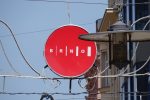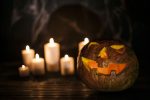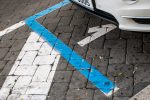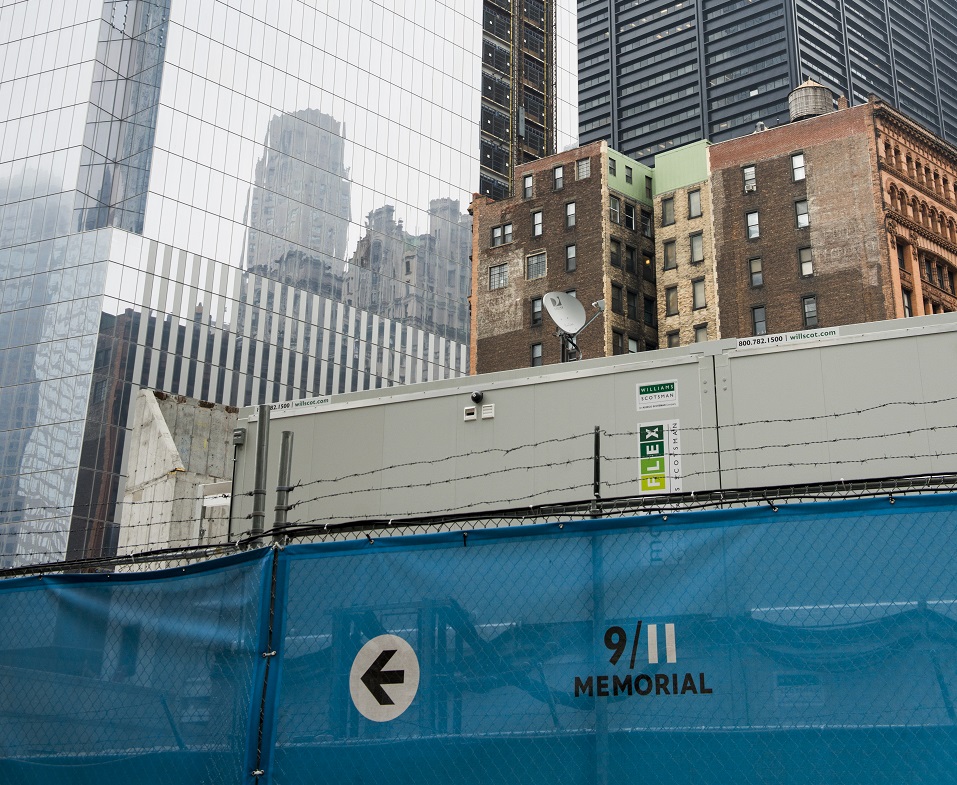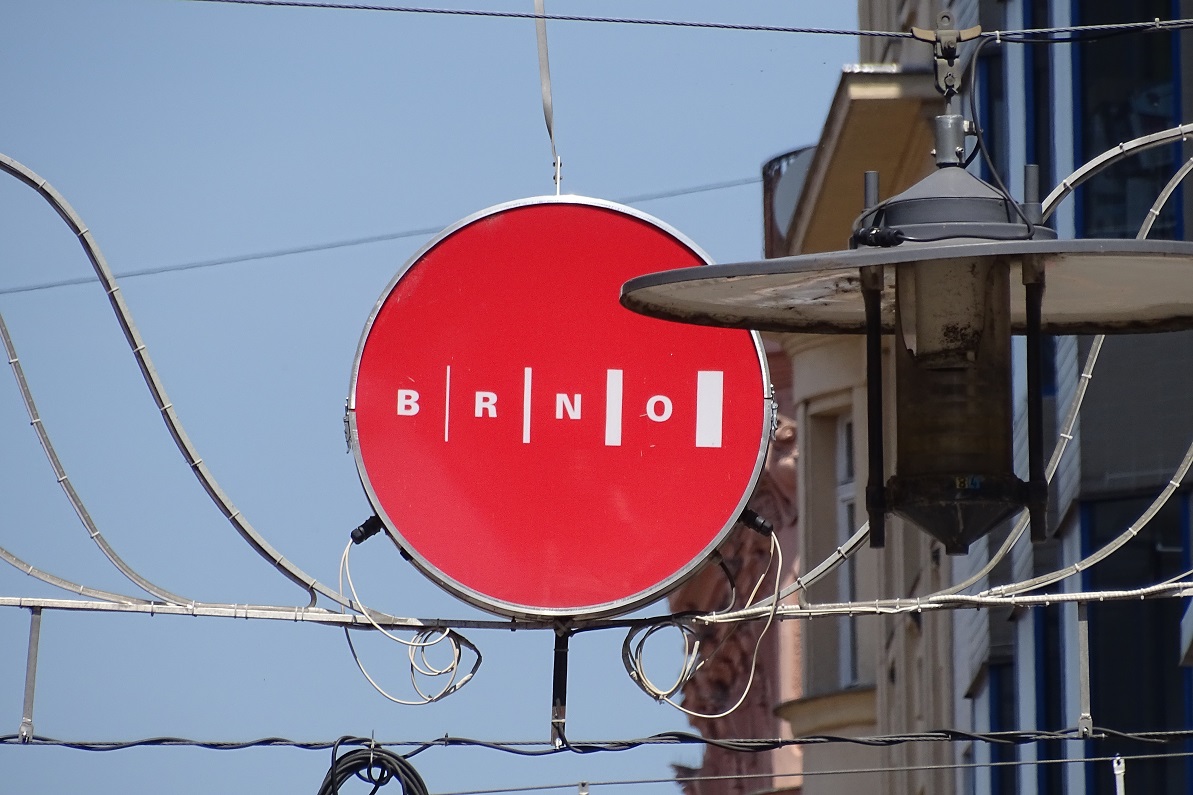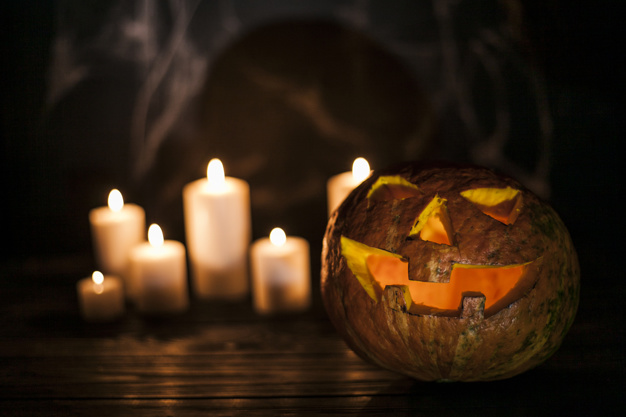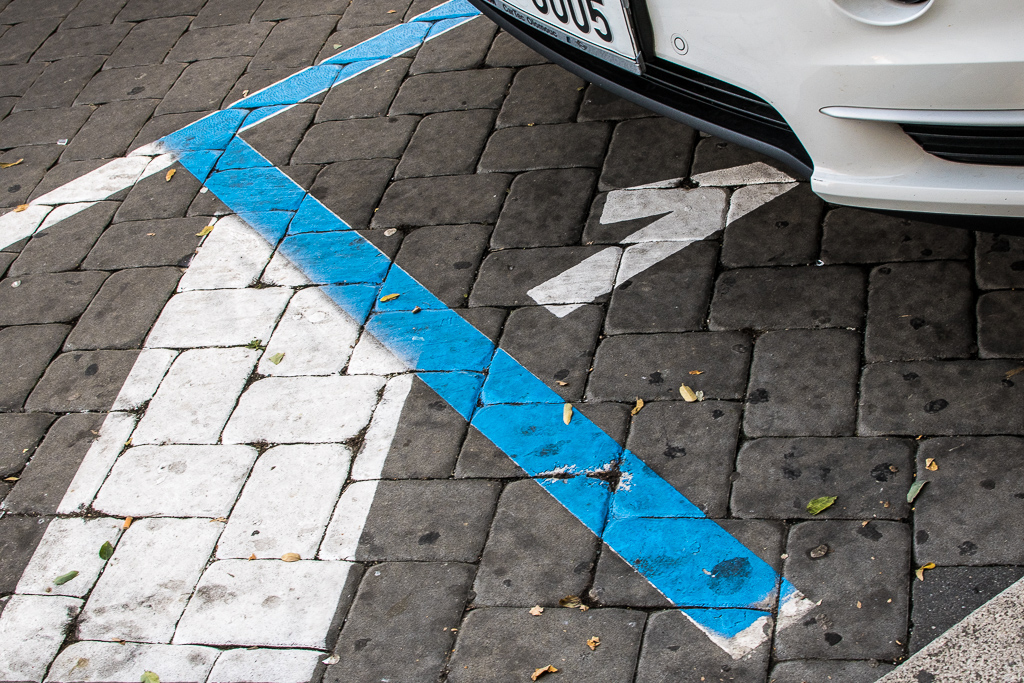Photo: Stock picture/ Freepik.
I know exactly where I was when al-Qaeda terrorists attacked the United States on Sept. 11, 2001.
It is a permanent marker in my life. Older American generations have the Kennedy assassination. Other nationalities have their own publicly shared historic moments. Families and individuals have personal events. Some people remember the moment they heard that Michael Jackson had passed.
For me, Sept. 11 was personal: I was in New York City when the World Trade Center Towers came toppling down and, for an excruciatingly long time, I didn’t know if my brother and his wife were still alive.
* * *
It used to be that everyone I knew had a memory of Sept. 11. It was topic of conversation that would often come up during the five years I lived in New York. Then, when I moved to Brno 13 years ago, even adult English-language students would tell me their own personal stories. Now, 18 years later, less people have visceral memories of that day.
Students in my high school English classes, for example, are largely uninformed. It happened around when they were born, or earlier. The events of Sept. 11, 2001 are simply a few paragraphs in a book (I mean, on Wikipedia). I understand: for me the rough equivalent is the massacre of 11 Israeli Olympic team members during the 1972 Summer Olympics in Munich; I was born that week and I appreciate the difference between living memory and second-hand information.
This is why, every year, I make sure to address Sept. 11 in my classes. It is tricky because the anniversary comes right around the first or second lesson of my once-a-week classes. It is a heavy topic with which to start a school year. I generally ask what the students know about it, guide the conversation and correct misinformation and then move on to some lighter topic of conversation.
I make sure to come back Sept. 11 later in the year during lessons that touch on U.S. History. I think it is important, not least because one of the Graduation Exam speaking themes concerns U.S. History.
Frankly, I would also argue that the resultant events and regulations post-9-11 will have much more influence on the lives of today’s school children than the fact that George Washington was the first U.S. President and the Civil War led to the abolishment of chattel slavery. The Sept. 11 attacks have changed geo-politics in such a way that will significantly affect the coming generations.
So, again this year, in a classroom of the future leaders of the world who have only a vague idea of the violent and symbolic attack on the United States and the Western world, I will explain how al-Qaeda terrorists hijacked four passenger planes filled with enough jet fuel for a cross-country flight, and killed 2,996 people in and around the World Trade Center in New York City, at the Pentagon in Arlington, Virginia, and in an airplane that crashed in Shanksville, Pennsylvania.
* * *
I was in my cousin’s apartment in the Chelsea neighborhood of the Manhattan borough of New York City on Sept. 11, 2001. My cousin had left for work. My mother was in the shower; she was to fly back home to Washington State on an early-afternoon flight. I was watching a morning news program.
The commentator cut to an image of one of the World Trade Center buildings. I recognized it immediately. Not only were the Twin Towers landmarks of southern Manhattan, but it was where my mother and I had purchased half-priced tickets for the musical “Rent” the day before, less than 20 hours earlier.
One of the towers had smoke billowing out of one side. The commentator, live on air, was trying to figure out what was happening. Then, a blip cut across the screen. It was just a second, but it was clearly the shape of a plane. The commentator was slow to realize what the national audience had just glimpsed. Soon thereafter, it was revealed that both of the towers were, in fact, hit by hijacked jet liners. Then we found out about the Pentagon, too.
That is when my mother began hyperventilating. Her face was bright red. She struggled for breath, but she also couldn’t stop pacing back and forth in the tiny apartment with her mind reeling through catastrophic scenarios. I feared that she would have a heart attack.
That morning, my brother and his wife were flying back to the West Coast from Washington D.C. They were to have taken off at about the same time as the hijacked planes had. We didn’t have any way to contact them.
We didn’t know if they were still en route or if they were among the dead in the World Trade Center or in the Pentagon.
* * *
About six hours later, our family crisis was over. My brother and his wife had flown safely from an unaffected airport and their plane had been forced to land in Buffalo, N.Y. The skies over the United States were closed to airline traffic so they were stuck in Buffalo for a few days. My mother was stuck in New York City for another week.
My family was lucky. So many others were not.
When I talk about Sept. 11, 2001 this year with my students, I know that it is no longer a current event. It is now a history lesson.
I hope that this column will provide thought-provoking observations of local life that will be interesting for a Saturday-morning read. If you have any suggestions or comments, please pass them along to bruno@brnodaily.cz.
Disclaimer: The views and opinions expressed in this article are those of the authors. The publishing of this article does not constitute an endorsement of or any other expression of opinion by the management of Brno Daily.
